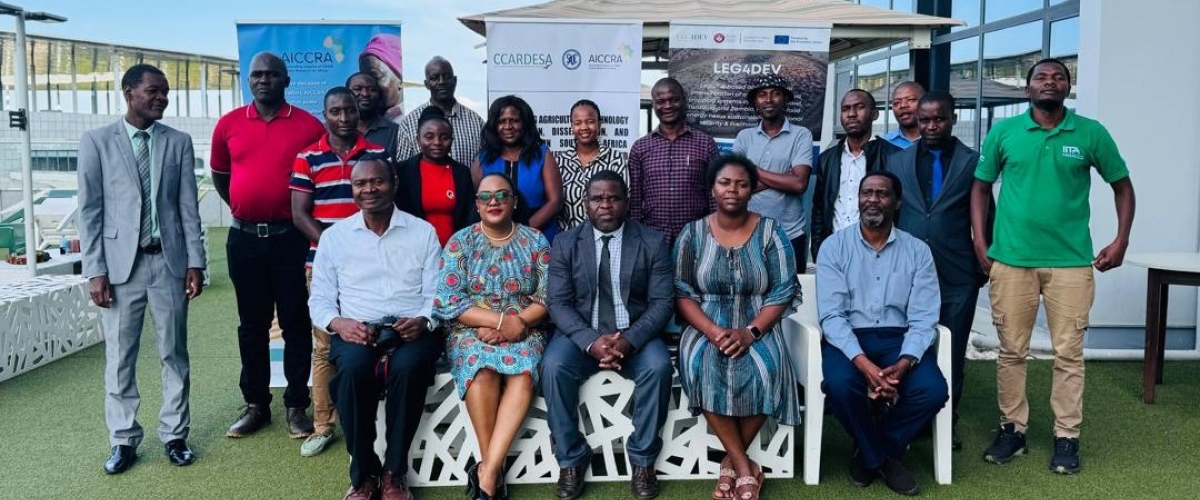
Agriculture in Southern Africa is under immense pressure due to climate change and climate variability. The impacts of climate change on agriculture include late onset and early cessation of rainfall, reduced length of crop growing period, unpredictable rainfall distribution, water stress and prolonged droughts, rising temperatures, and the growing threat of increased pests and diseases disrupting food production. In response to these challenges, the Centre for Coordination of Agricultural Research and Development for Southern Africa (CCARDESA) https://www.ccardesa.org/, in collaboration with the International Livestock Research Institute (ILRI) https://www.ilri.org/ led efforts to co-design Climate-Smart Legume Production Guides for Malawi, Tanzania, and Zambia. The efforts were undertaken through the World Bank-funded Accelerating Impacts of CGIAR Climate Research for Africa (AICCRA) https://aiccra.cgiar.org/ project, in partnership with the EU-funded project on Legume-based agroecological intensification of maize and cassava cropping systems in Sub-Saharan Africa for water-food-energy nexus sustainability, nutritional security & livelihood resilience (LEG4DEV) https://leg4dev.org/. These guides aim to equip agricultural extension officers with climate-related knowledge that includes the use of weather forecasting for decision-making to be better able to guide farmers to enhance legume crop productivity, improve resilience, and secure livelihoods in the face of climate change and variability.
Three consultative workshops were held in Tanzania, Malawi, and Zambia where experts underscored the vital role of legumes in addressing food insecurity and environmental sustainability, highlighting their ability to enrich soil fertility through nitrogen fixation while providing essential nutrients to combat malnutrition. The discussions started with the national meteorological agencies defining the weather forecasting zones in each country and projections on how the climate is likely to change in the future. The participants then documented all the legumes planted in each agroecological zone as well as the climate-related challenges facing their production. Thereafter, the participants brainstormed on the ongoing projects and initiatives for enhancing legume production in their respective countries to be able to identify synergies and opportunities for scaling climate smart agriculture.
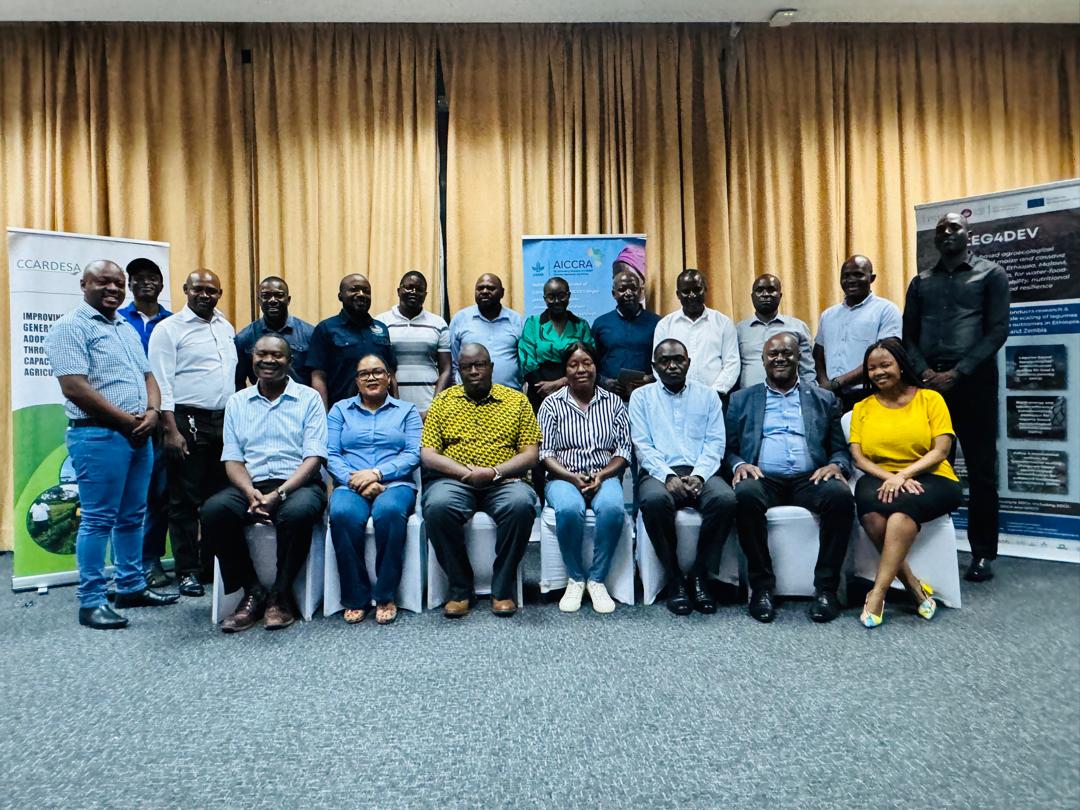
In Dar-es-salaam and Morogoro, the Tanzania Meteorological Authority provided an overview of the climate zones and forecasts in discussions where Dr. Fredrick Baijukya of the International Institute of Tropical Agriculture (IITA) https://www.iita.org/was instrumental in steering the consultative discussions in Dar-es-salaam city and Morogoro. In Lilongwe, Malawi, the Department of Climate Change and Meteorological Services gave an overview of the forecasting zones and climate change of the country, where Dr. Lawrent Pungulani, the Senior Deputy Director of the Department of Agricultural Research Services (DARS) guided discussions on enhancing the legumes production. In the Lusaka meeting, the Zambia Meteorological Department (ZMD) gave an overview of climate change and variability based on the historical data and Dr. Petan Hamazakaza of the Zambia Agriculture Research Institute (ZARI) catalyzed discussions towards outlining the structure of the guide.
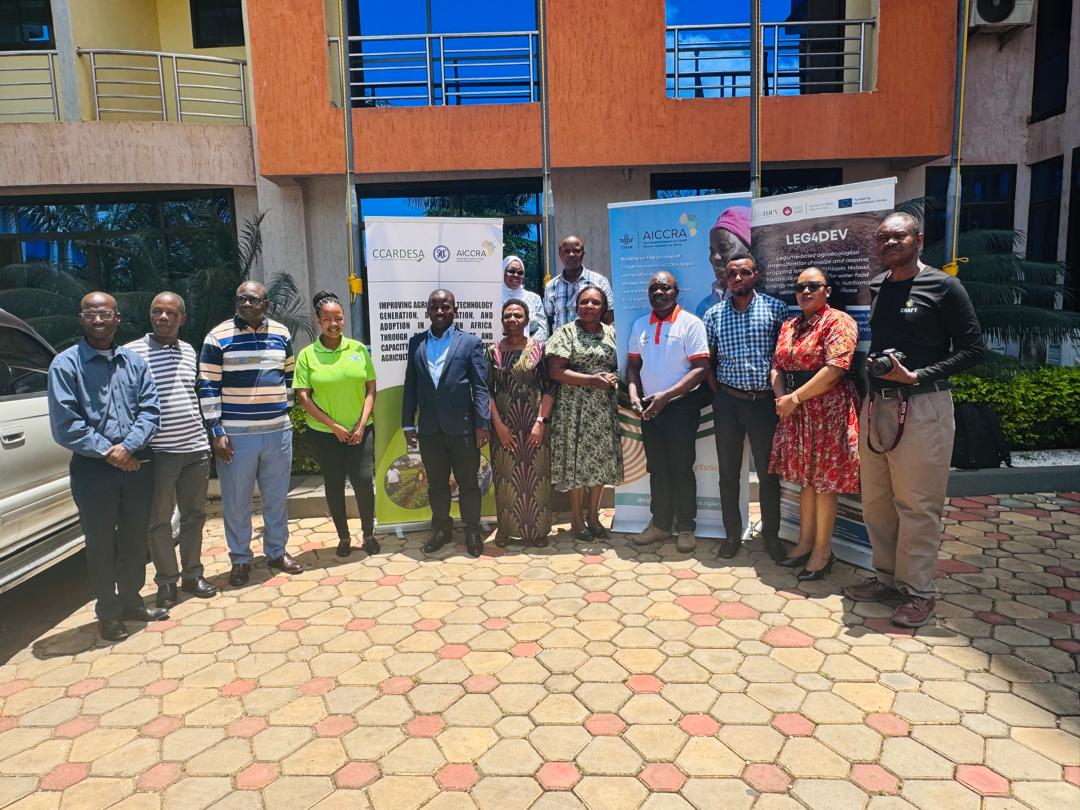
In all these workshops, there were discussions on issues of women's involvement in legume production. Women play a crucial role in agricultural practices; however, they frequently encounter various challenges, including restricted access to land, farming inputs, and financial resources. In response to these challenges, the climate-smart legume production guides seek to promote gender equity by incorporating specific interventions designed to empower women with the necessary resources and opportunities to enhance their agricultural capacities. The lead facilitator, Dr. John Recha from ILRI, provided critical insights into the workshops' background, stressing the urgency of climate-smart solutions and guided discussions toward achieving country roadmaps for developing the guides.
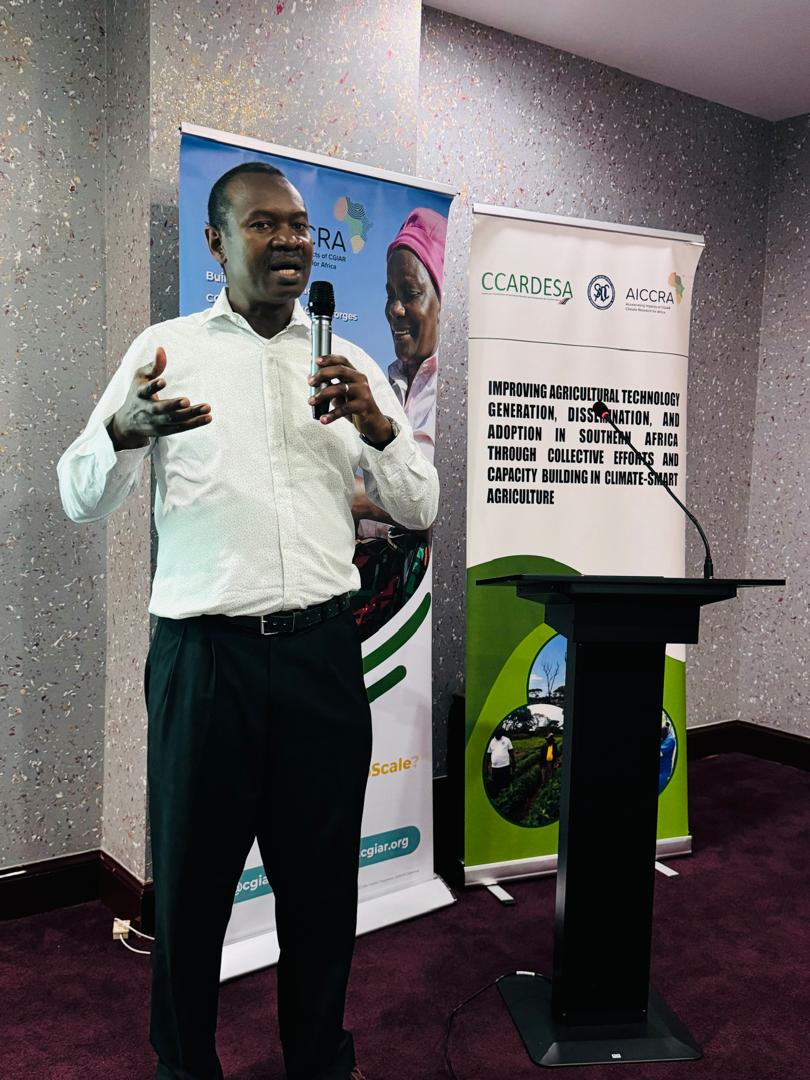
The consultative workshops in the three countries mark the beginning of a three-phase implementation plan that will lead to the validation of the Climate-Smart Legume Production Guides. After the validation, a team of experts will conduct a training of trainers of Extension practitioners on the guides in the three countries.
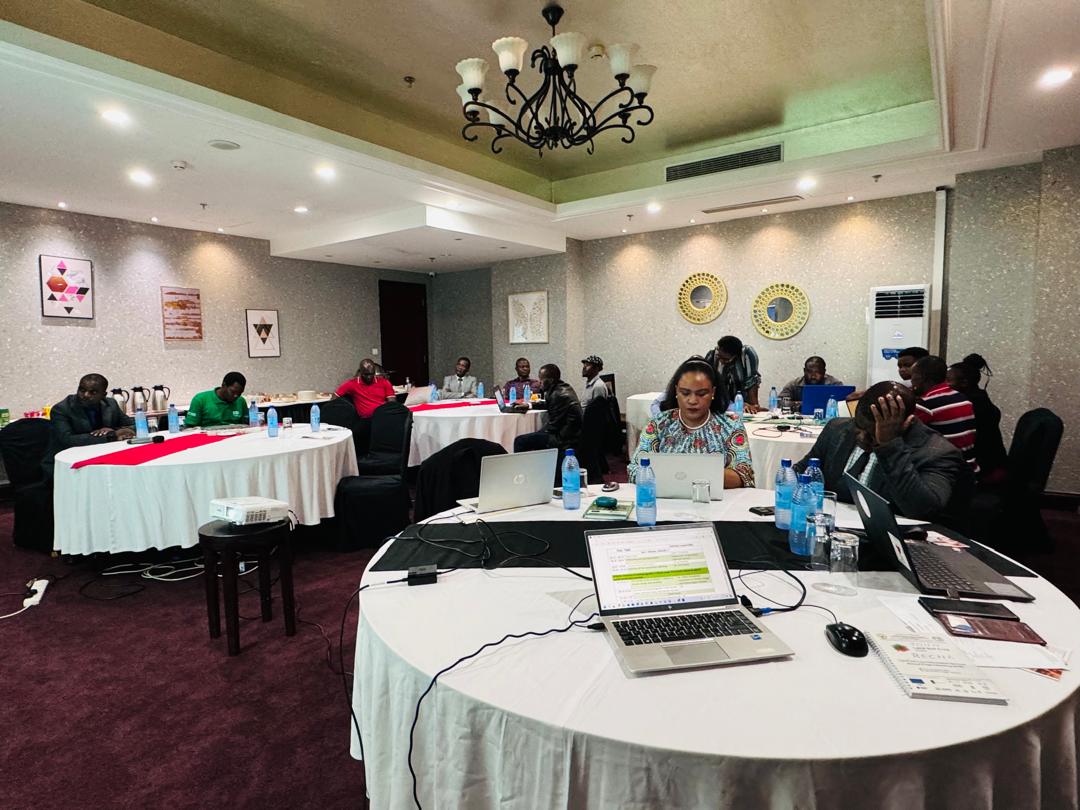
With climate change threatening the very foundation of agriculture in the region, CCARDESA’s work through the AICCRA project stands as a beacon of hope. By harnessing innovation, fostering collaboration, and ensuring inclusivity in climate adaptation strategies, these efforts pave the way for a more resilient and food-secure Southern Africa.
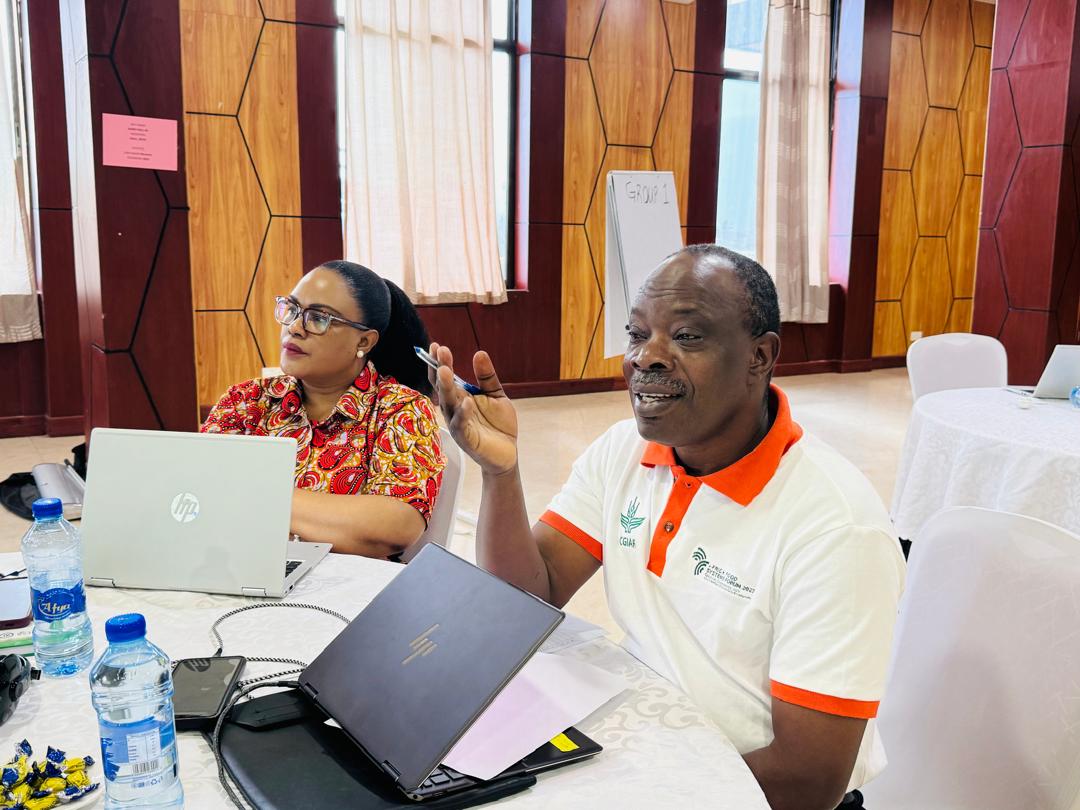
CCARDESA was represented by Ms. Futhi Magagula, the Programme Officer and focal person for the AICCRA project, and Mrs. Botsang Mogotsi, the Assistant Procurement Officer. Both emphasized the importance of regional collaboration in strengthening agricultural resilience.





